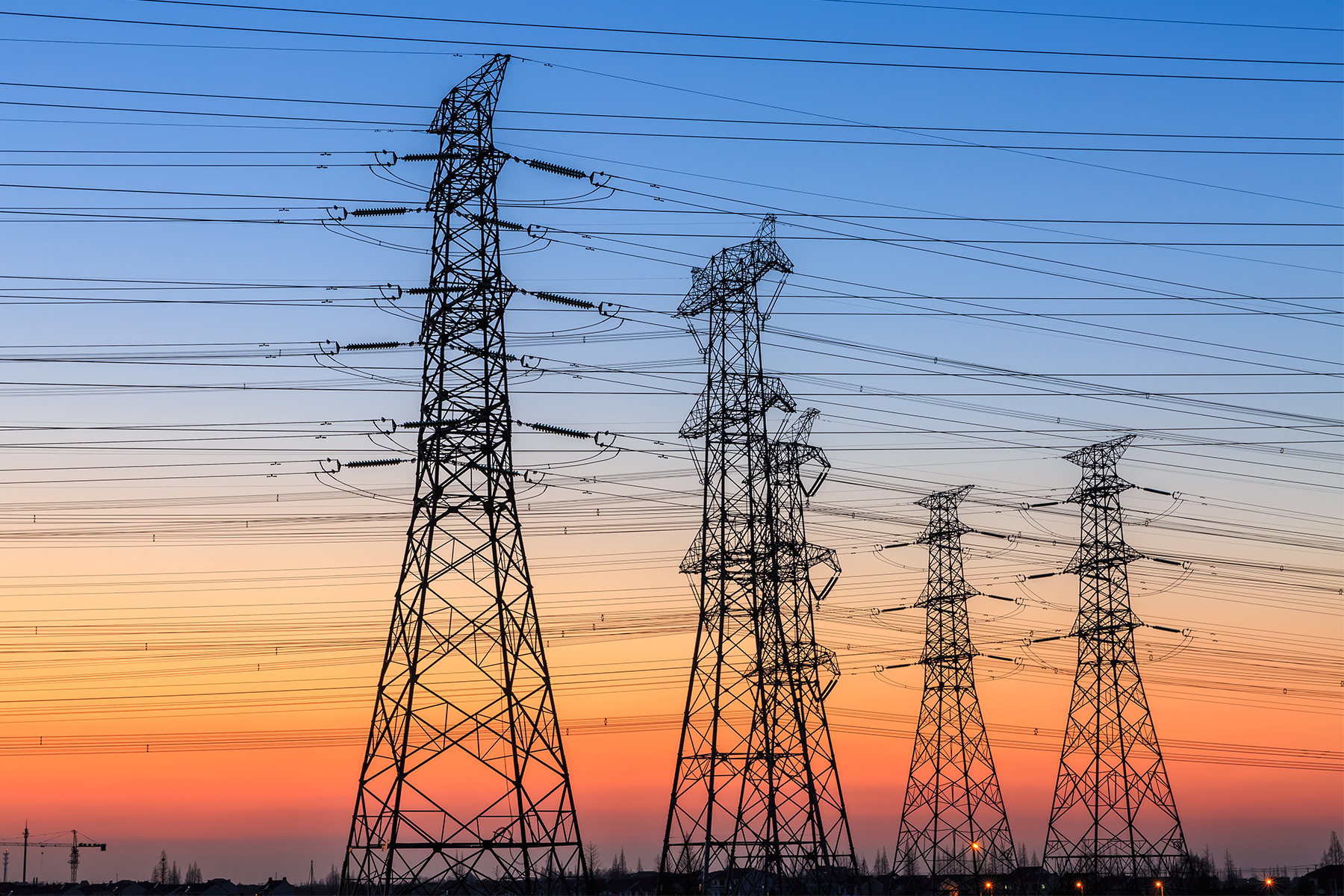Summer has long been synonymous with backyard BBQs and trips to the beach. However, summer is also becoming synonymous with something else: concerns about the power grid. In recent years, it seems like everyone has been warning about the electric grid’s ability to properly balance the demand, supply, and delivery of electrons on the hottest days. While electricity demand typically peaks in the summer, energy demand typically peaks in the winter. Simply put, this is because it takes more energy to heat up a space than cool it down. And this plays out across the buildings sector. For a typical detached dwelling, it requires vastly more energy to keep it adequately warm during the winter than sufficiently cool during the summer.
As we transition from March to April and exit the core heating season, it’s important to remember precisely why the electricity grid is more stressed during the summer, even though aggregate energy demand peaks during the winter. In short, it’s because of thermal fuels like propane. Space heating is, by far, the most energy-intensive application in a typical household. However, the heavy burden of keeping residential and commercial structures warm is not shouldered by electricity alone. In fact, across the country, the majority of households use an energy source other than grid electricity to meet their primary space heating needs, including delivered fuels like propane and utility natural gas. These figures are even more skewed to thermal fuels in the coldest parts of the country, such as the Northeast and Midwest.
Utilizing propane for energy-intensive applications, particularly space heating, reduces pressure on the electric grid and helps it cope with sudden spikes in consumption and peak demand. This helps keep the grid functioning properly during the winter months when total energy demand is highest. This burden sharing is a welcome relief for an aging electric grid that already has problems coping with peak demand and variabilities in the electric load.
Unfortunately, policymakers across all levels of government continue to support legislative and regulatory efforts that seek to discourage, penalize, and even eliminate the ability of thermal fuels from being used to power space heating applications in buildings. This misguided approach to supposedly reduce greenhouse gas emissions will prevent energy molecules from helping carry the tremendous energy load created by space heating demand in winter.
These initiatives are being pursued despite warnings from electric utilities and grid operators. ISO New England, for example, recently spoke of resource adequacy concerns as it attempts to cope with a surge in electricity demand that will result from future heating electrification efforts. And the desire to remove clean and cost-effective thermal fuels from the marketplace is happening at the same time utilities are already dealing with huge electricity demand for computer data centers and cryptocurrency mining facilities. The U.S. Energy Information Administration estimates that crypto mining operations, alone, represent upwards of 2.3% of total national electricity consumption.
According to the U.S. Department of Energy, the electric grid was largely built out during the 1960s and 1970s and major components, such as such as high voltage transmission lines, are approaching the end of their typical lifecycle. Further, more than 75% of all transmission infrastructure was constructed during the 20th century. The impacts of the grid’s age and decay are felt directly by utility customers who must deal with the ramifications of power outages.
Lawmakers should be more focused on strengthening the reliability, resilience, and security of the existing grid, rather than pursuing policy objectives that drastically increase the aggregate electric load in an inefficient and expensive manner. The easiest and most cost-effective way to protect the bulk electric grid would be to simply continue to allow clean, low-carbon energy molecules to help meet the enormous thermal energy demand posed by residential and commercial buildings during winter.
So the next time you read an article warning about the potential for electric grid strain or power outages in July – and not January – you can tip your hat to the millions of deployed propane furnaces and boilers around the country.
For more information, contact NPGA’s Director of State Affairs, Jacob Peterson.
Related News

USDA Crop Progress Report
April 25, 2024
The U.S. Department of Agriculture (USDA) Crop Report as of April 22, 2024, shows promising developments in corn and soybean planting, crucial info...

Webinar: International Market Dynamics in Propane
April 25, 2024
Join NPGA’s insightful webinar on May 16th at 2 pm ET, focusing on the complexities of international propane markets and their impact on the ...

Expo Call for Presentations
April 25, 2024
Submit your idea today! The National Propane Gas Association is now accepting education and fast track session proposals for the 2025 Southeastern ...

